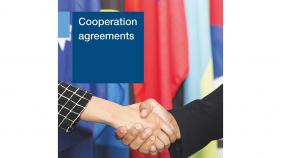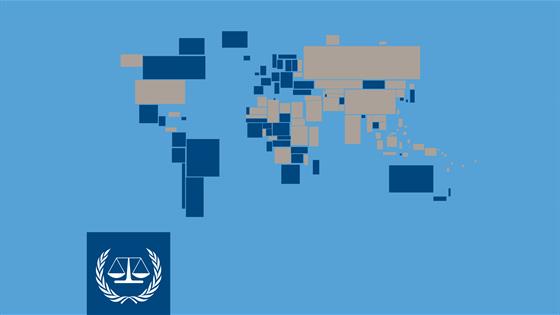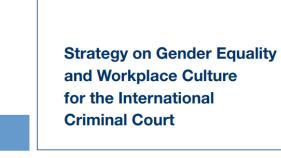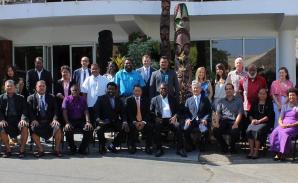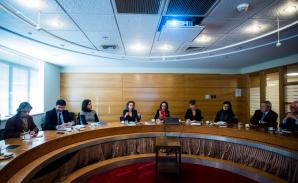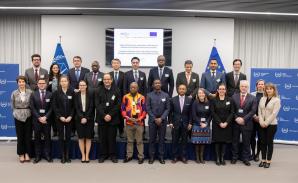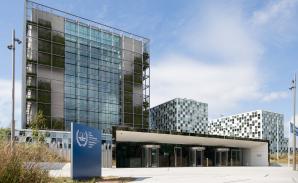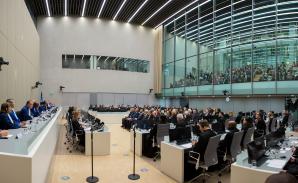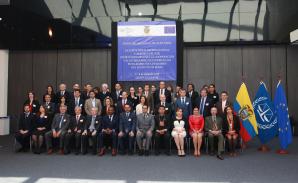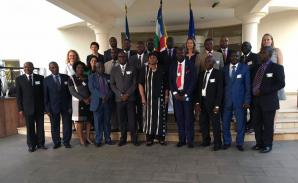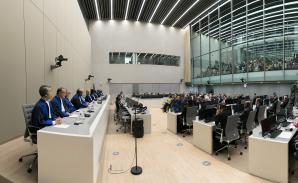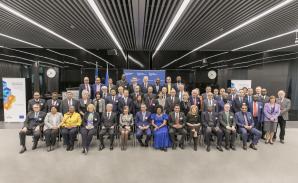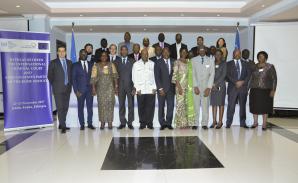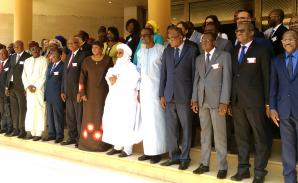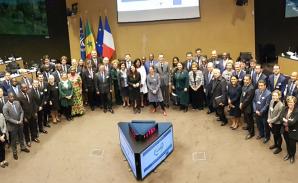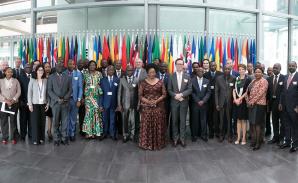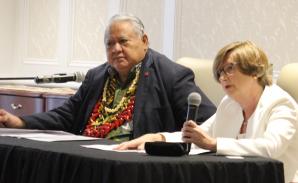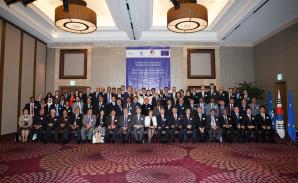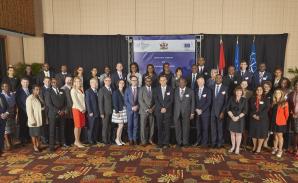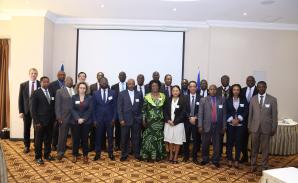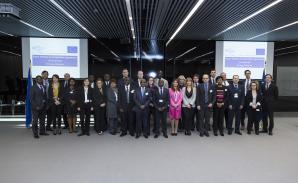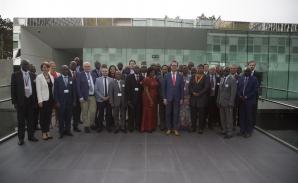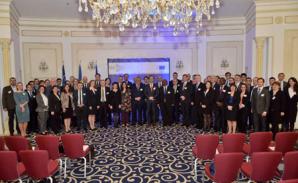Fostering Cooperation, Complementarity and Universality
Since the Rome Statute entered into force in 2002, the International Criminal Court ("ICC" or "Court") has continuously worked to promote cooperation, complementarity and universality, as critical components for effective functioning of the Rome Statute legal system.
The Court has done so in a variety of ways, including through the organization of or participation in high-level regional cooperation seminars and symposiums, technical events to enhance cooperation, and events with focus on the legal profession. Benefitting from funding from the European Commission and other donors, such as the Organisation Internationale de la Francophonie and individual States Parties, the Court has been able to build support, increase awareness and expand and strengthen its strategic, operational and judicial networks. To date, the Court has organized over 50 events, gathering over 1000 external participants from more than 90 States Parties and non-States parties to the Rome Statute, alongside over 40 international and regional organizations, national bar associations and civil society organizations.
This page was created and maintained with the financial support of the European Union. Its contents are the sole responsibility of the International Criminal Court and do not necessarily reflect the views of the European Union.
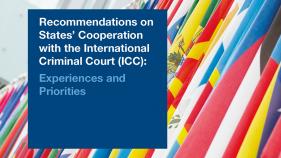
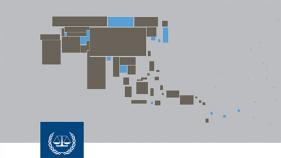
Joining the ICC: Asia-Pacific States
